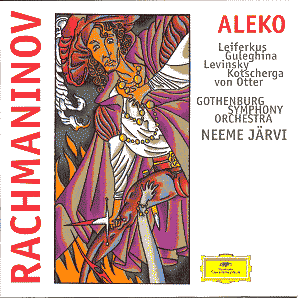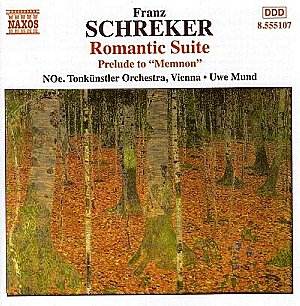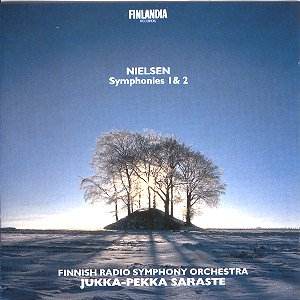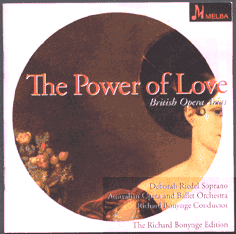 Composer: Sergei Rachmaninov
Composer: Sergei Rachmaninov
Works: Aleko – opera in one act
Performers: Sergei Leiferkus (Aleko), Ilya Levinsky (Young Gypsy), Alantoli Kotscherga (Old Gypsy), Maria Guleghina (Zemfira), Anne Sofie von Otter (Old Gypsy Woman), Gothenburg Opera Chorus, Gothenburg Symphony Orchestra, Neeme Järvi
Recording: Gothenburg Concert Hall, August 1996
Label: Deutsche Grammophon 453 453-2
Rachmaninov’s early opera Aleko, composed in 1892, is often overshadowed by his more celebrated works, yet it is a compelling exploration of themes of love and betrayal, reflecting the composer’s admiration for Tchaikovsky and Borodin. This recording, made under the auspices of Deutsche Grammophon and released after a significant delay, offers a rare opportunity to experience this one-act opera, which is steeped in the lush romanticism characteristic of late 19th-century Russian music. The influence of Tchaikovsky is palpable, with Rachmaninov’s lyrical lines and orchestral textures echoing the melodic richness of his idol, while also demonstrating his emerging unique voice.
The performance conducted by Neeme Järvi is marked by a distinctly Russian authenticity, evident in the vibrant orchestral colors and the emotive interpretations of the soloists. Sergei Leiferkus as Aleko delivers a performance of formidable vocal power, his voice resonant and precise, embodying the character’s tormented spirit. The richness of his timbre and his ability to navigate the emotional landscape of the role stand out, particularly in the Duet and Finale (track 13), where the interplay of voices captures the anguish and longing inherent in the narrative. Leiferkus’s experience, showcased in previous recordings of Rachmaninov’s songs, translates effectively here, bringing depth to Aleko’s lamentations.
Maria Guleghina’s portrayal of Zemfira complements Leiferkus beautifully. Her voice possesses a remarkable control and an expressive range that allows her to convey the character’s complex emotions. Unlike many sopranos who sometimes prioritize vocal acrobatics at the expense of clarity, Guleghina maintains a steadiness in her delivery that enhances her dramatic presence. The Women’s Chorus, particularly in track 2, exudes an infectious lilt reminiscent of the Polovtsian Dances, which serves to underscore the operatic idiom Rachmaninov was keen to embrace.
The orchestration throughout Aleko is deftly handled, with the Gothenburg Symphony Orchestra exhibiting a keen responsiveness to Järvi’s direction. The brass section, in particular, brings an incisive leer to the Scene and Chorus (track 4), effectively punctuating the narrative’s tension and highlighting Rachmaninov’s dramatic intent. The orchestral interludes, including the Prelude and various dances, are delivered with a fluidity that enhances the overall pacing of the performance, providing a cohesive listening experience.
The recording quality is commendable, capturing the expansive acoustic of the Gothenburg Concert Hall without losing the clarity of individual voices. The engineering allows for a balanced sound where the orchestra supports the singers without overwhelming them, a critical aspect of operatic recording that can often be mishandled. This dynamic equilibrium is crucial for maintaining the integrity of Rachmaninov’s intricate orchestral textures.
When compared to other recordings of Aleko, this version stands as a superior interpretation, particularly against the more recent Delos release, which features spoken elements that may detract from the opera’s musicality. Järvi and the Gothenburg ensemble deliver a performance that feels both authentic and fresh, making it an ideal introductory recording for those unfamiliar with Rachmaninov’s operatic endeavors.
Aleko, though brief, is a work of profound emotional depth, and this recording captures both the essence of Rachmaninov’s early style and the dramatic heft of the narrative. The combination of Järvi’s insightful direction, the exceptional vocal performances, and the high-quality engineering make this disc an essential addition to the repertoire of any Rachmaninov aficionado. Its pairing with other Russian operatic works could yield a compelling evening of music, enhancing appreciation for the composer’s broader artistic landscape.



